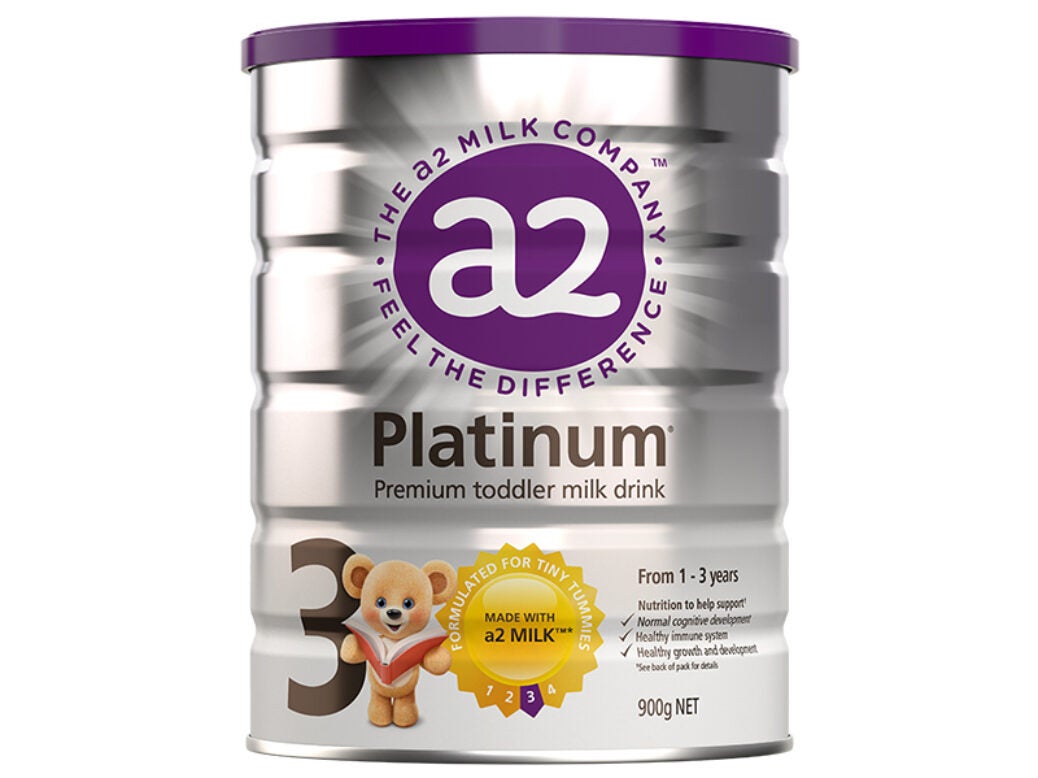MeatEx Canada-2022 is around the corner
|
||||||||||||||||||||||||||||||||||||||||||||||||||||||||||||||||
|
Spend 4 days in the heart of the world forum for sustainable livestock farming
This 4, 5, 6 and 7 October, the SOMMET DE L'ELEVAGE will open its doors in Clermont-Ferrand (France) to an expected 100,000 visitors. Awaiting them will be 1,500 exhibitors and 2,000 animals on show and a packed programme.
For this 31st edition, the SOMMET offers many highlights such as:
- National Championship for the Charolais breed,
- European Championship for the Simmental breed,
- European Congress for the Hereford breed,
- The “Sommets d'Or” technical innovation competition,
- 100 conferences covering all the latest hot topics in agriculture,
- 30 farm visits,
- Many festive and convivial evenings...
and a VIP welcome for international press and visitors!
Do not hesitate! Come and join us for a press tour in the heart of Europe's largest grassland area to discover an exceptional showcase of the French know-how in terms of livestock production and the latest in farm machinery, equipment, and services for the entire farm industry, and most specifically the livestock industry.
|
|
||
|
New Zealand’s A2 Milk Co. thwarted in plan to export infant-formula to US
The US Food and Drug Administration (FDA) told A2 Milk it is deferring further consideration of the company’s request.
By Andy Coyne

Plans by New Zealand dairy firm A2 Milk Co. to export infant-formula to the US to help alleviate a shortage have been put on hold by the American regulator.
The US Food and Drug Administration (FDA) told A2 Milk that it is deferring further consideration of the company’s request to export its infant-formula products into the US.
In a statement, A2 Milk confirmed it had received the FDA’s notification and added: “The company has also subsequently been advised by the [US-based trade group] International Dairy Foods Association (IDFA) that equivalent letters have been sent to all pending enforcement discretion applicants, indicating that the FDA is deferring any further review at this time of all pending applications.”
Fellow New Zealand dairy major Fonterra, meanwhile, told media outlets that it has not received a similar notification from the FDA. It too is seeking to export product to the US.
An FDA spokesperson told news agency Reuters that it had sent letters to some firms deferring further reviews of applications due to a list of issues but that this does not mean the infant formulas are unsafe.
The suspension of production at an Abbott Laboratories facility in February following consumer complaints related to Cronobacter sakazakii or Salmonella illness from the consumption of baby powders made at the plant, led to a shortage of infant-formula products on supermarket shelves in the first half of this year.
President Joe Biden enacted the Defense Protection Act in May to prioritise local production and launched Operation Fly Formula to bring in emergency supplies from overseas. The FDA put in place a so-called temporary enforcement discretion order to boost imports, subject to regulatory and health checks.
Companies including Nestle, Danone and Bubs Australia are amongst those to send supplies from overseas to help tackle the domestic shortfall.
The FDA had said it planned to open up the market permanently to both overseas and domestic players beyond 14 November when the temporary decree expires.
Second Edition of Agritech Agrochemical Exhibition in Ghana
|
|
|
MeatEx is Your Exhibition
|
|||||||||||||||||||||||||||||||||||
|


 eatmaker@list.ru
eatmaker@list.ru